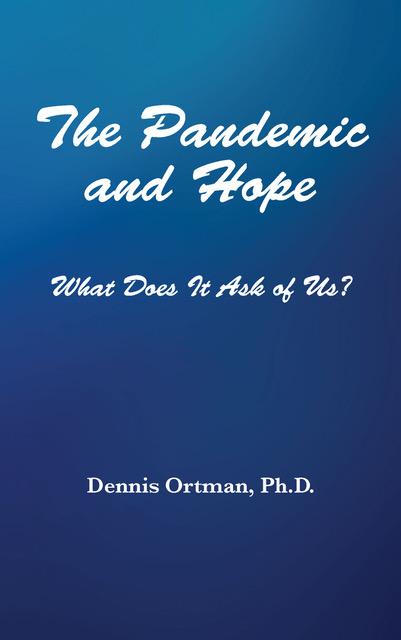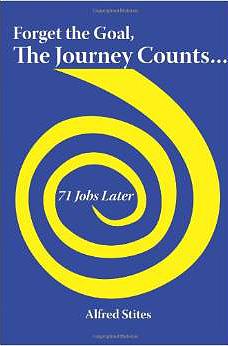Description
his little booklet, written by a former priest and well respected psychologist, takes an in-depth and multi-aspectual look at the covid-19 pandemic. Topics addressed include panic, post-pandemic stress disorder, and pandemic anxiety addiction. Full of compassion and wisdom, this book offers explanations for reactions to the pandemic, means of dealing with thoughtfully and pragmatically, and hope for a better today and tomorrow.
Dr. Ortman describes what happens in a pandemic initially is akin to the sensation of drowning. Those living through a pandemic are indeed experiencing a life-threatening event every bit as frightening as an earthquake, tsunami, tornado, or any other natural disaster. They feel a sense of helplessness. They experience a sense of intrusion; indeed, the pandemic has intruded into their lives. It did not come into their lives invited. The result is a push toward avoidance and emotional distancing. Hypervigilance and irritability follow. Dr. Ortman offers a practical approach that he calls “breathing lessons” to overcome these negative instincts.
Further, Dr. Ortman exposes the human urges that do not serve us well and provides mechanisms for managing them successfully. He points to hope and fear, which, he says, go hand in glove. Controlling fear is important for releasing hope. Fear and anxiety numb people to what is happening around them and leads to coping mechanisms that make matters worse, such as excessive drinking, denial, preoccupation, loss of control, power-seeking, and persistent worry. In this book, Dr. Ortman demonstrates how anyone caught in any of these traps can unhook from them.
Following discussions mirrored in his popular book, Anxiety Anonymous, Dr. Ortman explains how anxiety can become an addiction, acting like a drug that excites, numbs, and possess. He suggests embracing all experiences, awakening to a higher power, cleaning up distorted thinking, showing up as oneself, and making good results from bad experiences. He suggests four steps, requiring insight, courage, and perseverance: (1) recognizing patterns and fears that hold you back; (2) accepting and understanding your patterns as holdovers from childhood; (3) courageously acting against fears; and (4) persisting in making changes.
Thoughtful and pragmatic. Doable and desirable. Dr. Ortman offers understanding, practical advice, and hope.






Follow Us!